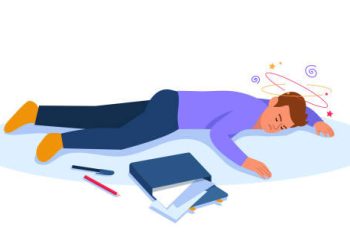Symptoms of Constipation
Symptoms of constipation range from minor discomfort to significant bowel obstruction, depending on its severity and duration. While many people recognise infrequent bowel movements as a hallmark of constipation, the condition involves a broader range of physical and even emotional symptoms. These can occur alone or together and may persist for days, weeks, or even longer in chronic cases.
The most basic symptom is infrequent stools, defined as fewer than three bowel movements per week. However, frequency alone isn’t enough to diagnose constipation. Many people also experience straining during bowel movements, which can make the act of passing stool uncomfortable or painful. Straining may lead to additional problems like haemorrhoids and anal fissures.
Another common sign is hard or lumpy stools. These typically result from prolonged transit time in the colon, which absorbs too much water and leaves the stool dry and compacted. Passing such stool can be extremely uncomfortable and even cause minor tears in the anal lining.
Symptoms of Constipation
Many individuals report a sensation of incomplete evacuation, where they feel that not all stool has been passed. This can lead to repeated trips to the bathroom and contribute to anxiety about bowel habits. Others may experience bloating, abdominal pain, or excessive gas, all of which are linked to the build-up of stool and fermentation of waste in the colon.
In severe cases, faecal impaction may occur, where hardened stool blocks the rectum, making natural defecation nearly impossible. This condition can lead to overflow incontinence, where liquid stool leaks around the impaction, often mistaken for diarrhoea. Impaction may require manual removal or hospital-based treatment.
Other symptoms can include:
Fatigue or a general sense of unwellness
Nausea or loss of appetite
Bad breath or body odour from toxin build-up
Back pain due to internal pressure
Symptoms of Constipation
Children may exhibit unusual signs such as irritability, poor appetite, or soiling their underwear due to stool leakage. Older adults might show signs of confusion or reduced mobility caused by general discomfort.
In summary, symptoms of constipation go well beyond simply going to the toilet less often. The condition can disrupt digestion, impact mood, and lead to medical complications if not addressed. Recognising the full scope of symptoms ensures timely and appropriate treatment.
[Next: Diagnosis of Constipation →]


